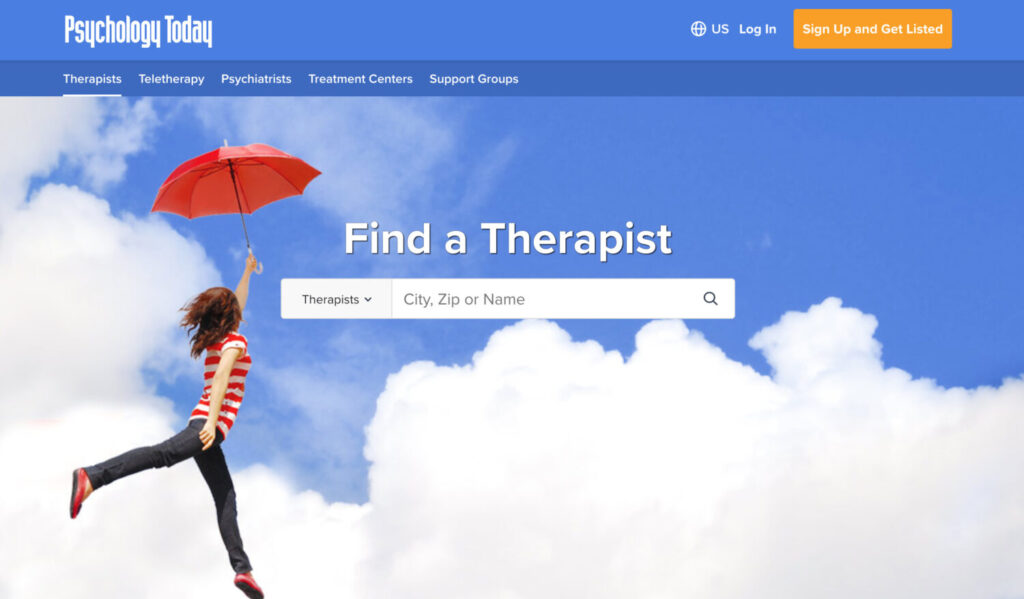Finding affordable therapy that fits your needs and insurance can be challenging, especially if you don’t have insurance. It can be even more stressful if you’ve just experienced a loss or going through a tough time. Depending on your coverage and specific situation, therapy can cost anywhere from free to $250 per session. Read on for affordable options for the right therapist.
1. Check Your Insurance
If you have insurance, call your provider to find the details of what and how much they cover. Ask out how many sessions per week or month. Specific health benefits like your copay or coinsurance amount will depend on your state and health plan.
Also, speak to your health care provider to see if they have to first recommend you to a therapist, some insurance companies require this before they’ll cover your therapy sessions.

2. Check Your Therapist
Not all therapists accept insurance. Before booking an appointment, you’ll want to reach out to see if the therapist takes your specific insurance and plan. A great way to avoid this confusion is to filter out therapists that accept your insurance when you start your search.
If you don’t have health insurance or your therapist doesn’t take your specific insurance, you can ask about their rate and if they offer a sliding scale. Sliding scale payment is based on your income.
You can also ask about shorter sessions (to save cost) or meet with your therapist less frequently, such as every other week. Don’t have a therapist yet? Take a look at how to find the right therapist for more tips.
3. Community Centers
Google for local community resources or mental health nonprofits. They may offer additional help or free resources specific to your situation.
Nonprofits and local organizations offer many free support groups for grief, trauma, and addiction recovery. Mental Health America, a nonprofit organization that promotes mental health and wellness, offers a wide list of support groups struggling with substance use disorder, mental disorders, and more.
4. Check with HR
Speak to your companies HR about what mental health resources they have. Check if your employer has an Employee Assistance Program (EAP), a free benefits plan. It may include counseling for personal or work-life stress. All discussions are confidential. However, you may be limited on sessions, but it is still a good option to look into if you have no other resources.
5. Check with Goverment Resources
If you are unemployed or fall under low-income limitations, you can get your therapy covered for free or at a low cost. Apply for Medicaid to see if you qualify for free therapy. Specifically, apply through your state because the services are different in each state.
6. Online Options

BetterHelp
- Largest network of licensed therapists
- Personalized counselor-matching
- Texts, calls, or video chats available
- $60 to $90 per week
- Get 10% off your first month

Regain
- Specialized relationship counseling
- Available for individuals or partners
- Weekly live virtual sessions
- $60 to $90 per week
- Get 10% off your first month
7. Next Steps
No one should be limited by their financial situation to find help with their mental health. If you still can’t find a therapist, ask your friends and people you trust in your community. They may be able to point you to a hidden resource. Just remember that there are compassionate friends, community members, and professionals who want to help you find the help you need. Read more about mental health here.



